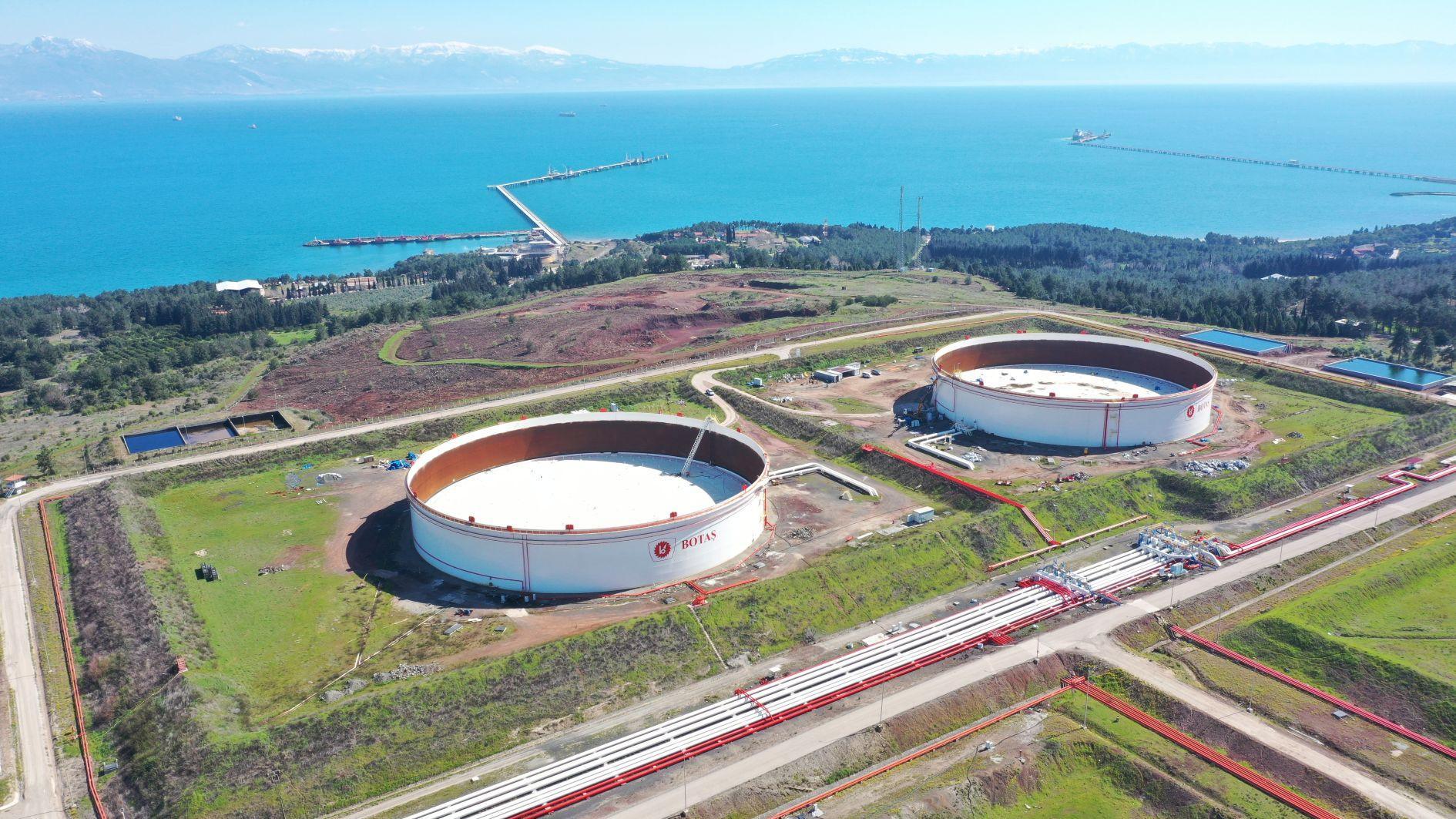
The Turkish energy sector and energy markets are in a very strong and resilient position, Energy Minister Alparslan Bayraktar has stated.
The rising tensions in the Middle East may have effects and repercussions Türkiye as well, he told state-run Anadolu Agency in St. Petersburg, where he attended the St. Petersburg International Economic Forum.
“We have overcome every challenge we faced in the past, and looking ahead, our foremost hope and determination is to overcome those to come… Our energy sector and energy markets remain highly strong and resilient,” Bayraktar said.
Amid rising tensions in the region, while some upward movement and volatility in energy prices could occur, a stabilization is expected in the near future, he added.
Emphasizing the importance of supply security, Bayraktar stated, “We have taken the necessary precautions regarding supply security. As of today, Iran is delivering the natural gas it is supposed to supply to Türkiye. There are no disruptions. We do not import oil or petroleum products, so we see no supply security risks at this point.”
He also highlighted Türkiye's efforts to diversify its energy sources, noting that these initiatives are being carried out with greater intensity. “We are currently in the summer season and focused on filling up our storage facilities. Gas consumption is low during this period, which is significant. We are preparing our country for the winter in a way that ensures supply security,” Bayraktar said.
He underscored Russia’s role as a key energy supplier for Türkiye and added that the government aims to maintain and further develop this cooperation in the coming period.
The natural gas storage volume in March declined by 26.6 percent to around 3.04 bcm, compared to 4.14 bcm last year.
Türkiye's natural gas imports increased by 35.9 percent in March, compared to the same month in 2024, according to the latest data from the energy watchdog EPDK.
Natural gas imports in March totaled 6.43 billion cubic meters (bcm), up from approximately 5.99 bcm last year.
In March, 3.39 bcm of imports were made through pipelines and 2.60 bcm were imported via liquefied natural gas (LNG).
The highest volume of pipeline gas imports came from Russia, totaling 1.79 bcm meters. This was followed by 1.04 bcm from Azerbaijan and 561 mcm from Iran.
The natural gas storage volume in March declined by 26.6 percent to around 3.04 bcm, compared to 4.14 bcm last year.